How To Make An Egg Shampoo?
A detailed guide to help you make this organic shampoo from the comfort of your home.
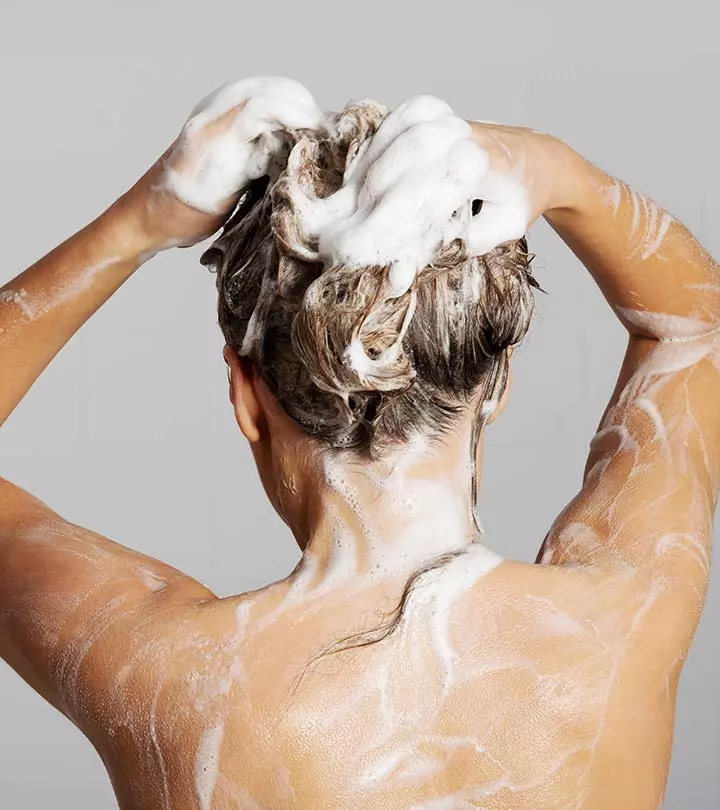
Image: Shutterstock
Have you ever wished you could have the lustrous healthy hair that celebs have? Now you can, even if you are on a shoestring budget! Wondering how? Well, you can use egg shampoo! The best part is that you do not need to spend a fortune buying egg shampoo. You can prepare it at home with eggs. We will tell you how.
It may appear unusual, but this nutrient-infused homemade egg shampoo has many benefits that can lead to your ultimate hair transformation. Eggs are high in protein, vitamins, minerals, and other nutrients that can greatly improve the appearance of your locks (1). In addition, because eggs can condition and hydrate hair, this shampoo is perfect for people who have dull, dry, or weak hair (2) (3). The homemade hair-strengthening shampoo provides gentle cleansing along with moisturizing treatment for hair revitalization. Scroll down to learn the steps to prepare egg shampoo at home.
Jennifer, a blogger who has experimented with a shampoo alternative, shares, “But no one wants to look like a greaseball for a few weeks while their scalp settles down to producing less oil. That’s why egg yolk is so great! It cleans your hair without doing a super duper job of cleaning out the oil, leaving just enough to make your scalp reasonably happy (i).”
In This Article
How To Make Egg Shampoo At Home:
Here’s your guide on how to make egg shampoo that is simply perfect. It contains two wholesome and effective homemade shampoo recipes that improves hair health. You can just choose the one you like more, or the one that you have all the right ingredients for.
Egg Shampoo – Variation 1
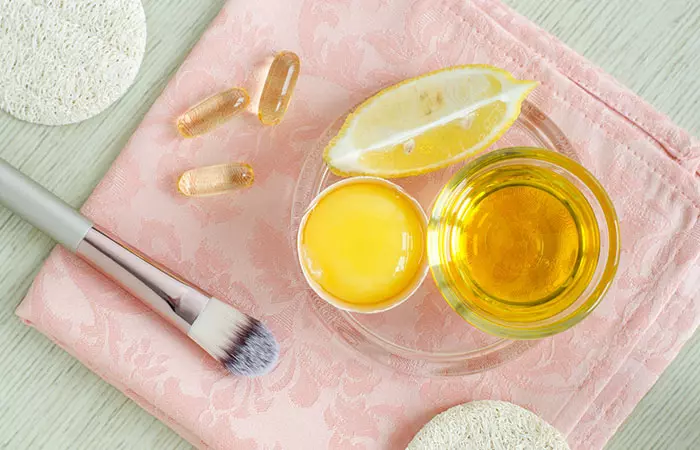
Ingredients:
- 1 egg
- 1 teaspoon olive oil
- 1 teaspoon lemon juice
- 1 tablespoon mild shampoo (preferably unscented and sulfate-free)
- 1/2 cup water
 Quick Tip
Quick TipCombine all these ingredients in a blender and blend it till it has become one smooth mixture. The above mentioned recipe makes enough shampoo for one wash for medium to long hair. If your hair is really long, just add a little more of each ingredient that mentioned above. If there is any shampoo left over, just refrigerate it and make sure that you use it within 36 hours. This nutrient-rich shampoo is best for people with dry and damaged hair, especially if the damage is due to over-exposure to the sun. It helps with hair restoration and hair nourishment using only natural ingredients. This vitamin-rich, protein-packed shampoo offers hair rejuvenation and scalp care, along with hair growth.
Egg Shampoo- Variation 2
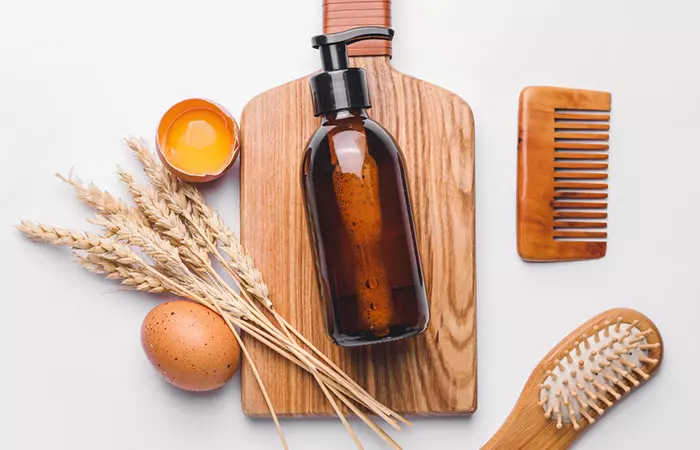
Ingredients:
1 egg yolk
3 tablespoons of mild shampoo (baby shampoo works best)
Take a small bowl and beat the egg till it has become foamy and soft. Blend the yolk with the shampoo gently. Dampen your hair with lukewarm water, and massage half of the shampoo into your scalp and hair. This shampoo will not create a lot of suds- you don’t have to worry about that. Now, completely rinse out the shampoo of your hair. Then repeat the same process with the other half of the shampoo. Remember, the second time you shampoo, don’t do it for more than 60 seconds. Rinse well with lukewarm water.
 Quick Tip
Quick TipTips:
- If you have curly hair, pair egg shampoo with a rich, moisturizing conditioner to lock in hydration and keep curls soft.
- For dry or damaged hair, mix egg shampoo with a small amount of natural oil, like olive or coconut, for added nourishment.
- If you have color-treated hair, ensure the egg shampoo is sulfate-free to help preserve color while still providing protein benefits.
- If you find that the smell of eggs is too overwhelming, use some essential oil in your shampoo- lavender oil or vanilla essence works amazingly well.
- Make sure that you never wash your hair with hot water when using an egg shampoo. It will make the egg smell more prominent. Wash your hair first with warm then cold water. This also locks in the nutrients because cold water closes the cuticles.
- You could follow this up with a good egg conditioner, if your hair is really damaged. There are some really good egg hair masks and egg conditioner recipes you could try out, as well.
Key Takeaways
- Homemade egg shampoos may help nourish and strengthen your hair.
- These egg shampoos are ideal for you if you have dull, dry, or weak hair, as eggs can condition and hydrate hair thoroughly.
- Avoid using egg shampoo if you are allergic to eggs.
- We recommend adding lavender essential oil to the egg shampoo if you find the smell of eggs too overwhelming.
Infographic: Two Ways To Make Egg Shampoo
Eggs are packed with protein and fats and work wonders for hair care. Apart from using them in hair masks, you can also use them to cleanse your scalp. There are two easy ways to prepare an egg shampoo, so you can cleanse your scalp and nourish your hair at the same time. Check out the infographic below to learn these two methods.

Illustration: StyleCraze Design Team
It is no secret that eggs are extremely nourishing for your hair and scalp. They contain nutrients that not only improve your hair thickness, feel, and appearance but also stimulate hair growth. Using an egg shampoo cleanses your hair without leaving it stripped of nutrients. This shampoo is ideal for people with dry hair as their hair can become damaged and drier because of regular shampoos. Fortunately, making an egg shampoo at home is very easy and does not take too long. This deep conditioning shampoo is Once you start using this shampoo, you will notice your hair becoming healthier, smoother, and shinier.
Frequently Asked Questions
Can egg shampoo replace commercial shampoos?
Egg shampoo can be a natural alternative to commercial shampoos, providing nourishment and protein. However, it cannot fully replace regular shampoos for everyone, especially if deeper cleansing is needed.
Are there any side effects of applying eggs on hair?
Applying egg on hair may not cause any side effects unless you are allergic to it. If you are allergic, it may cause dry and itchy scalp, swelling, and irritation.
Is this Shampoo good for dry hair?
This shampoo also gives the benefits of an egg hair-strengthening mask and doubles as a protein treatment for your hair. It acts as a hydrating treatment for dull hair as it softens them.
Can egg shampoo help with common hair problems, such as dandruff or oily scalp?
Yes, it does as it helps balance scalp and hair sebum levels. However, there are no relevant studies to support this claim.
How often should one use egg shampoo to see visible results?
Twice a week at least. Although egg shampoos are nourishing, overwashing your hair may strip your hair of its natural oils and cause damage.
Is egg shampoo cruelty-free and vegan?
No, eggs are used in its preparation. You can use vegan eggs made from plant-based ingredients such as whole algal flour as a substitute for bird eggs if you are a vegan.
Learn how to make your own egg shampoo for healthy and shiny hair. Follow the easy steps in this video to get beautiful and luscious locks quickly.
Personal Experience: Source
StyleCraze's articles are interwoven with authentic personal narratives that provide depth and resonance to our content. Below are the sources of the personal accounts referenced in this article.
i. HOW TO SHAMPOO USING AN EGGhttps://nuddybar.wordpress.com/2016/04/16/how-to-shampoo-using-an-egg/
References
Articles on StyleCraze are backed by verified information from peer-reviewed and academic research papers, reputed organizations, research institutions, and medical associations to ensure accuracy and relevance. Read our editorial policy to learn more.
- Egg, whole, raw, fresh
https://fdc.nal.usda.gov/fdc-app.html#/food-details/171287/nutrients - Naturally Occurring Hair Growth Peptide: Water-Soluble Chicken Egg Yolk Peptides Stimulate Hair Growth Through Induction of Vascular Endothelial Growth Factor Production
https://pubmed.ncbi.nlm.nih.gov/29583066/ - Ethnopharmacological survey of home remedies used for treatment of hair and scalp and their methods of preparation in the West Bank-Palestine
https://www.ncbi.nlm.nih.gov/pmc/articles/PMC5499037/
Read full bio of Madison Dufour
Read full bio of Jyotsana Rao
Read full bio of Eshna Das
Read full bio of Krati Darak






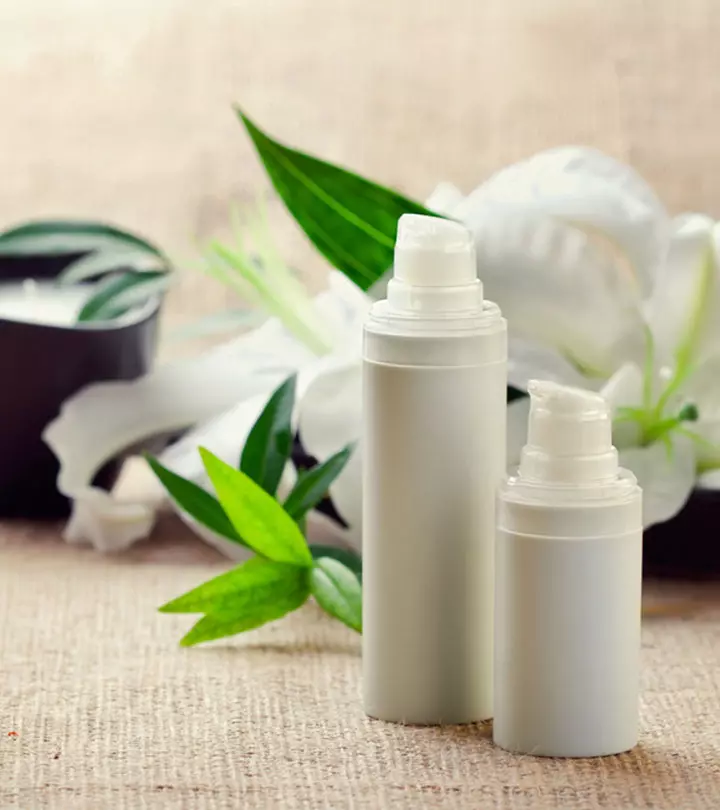


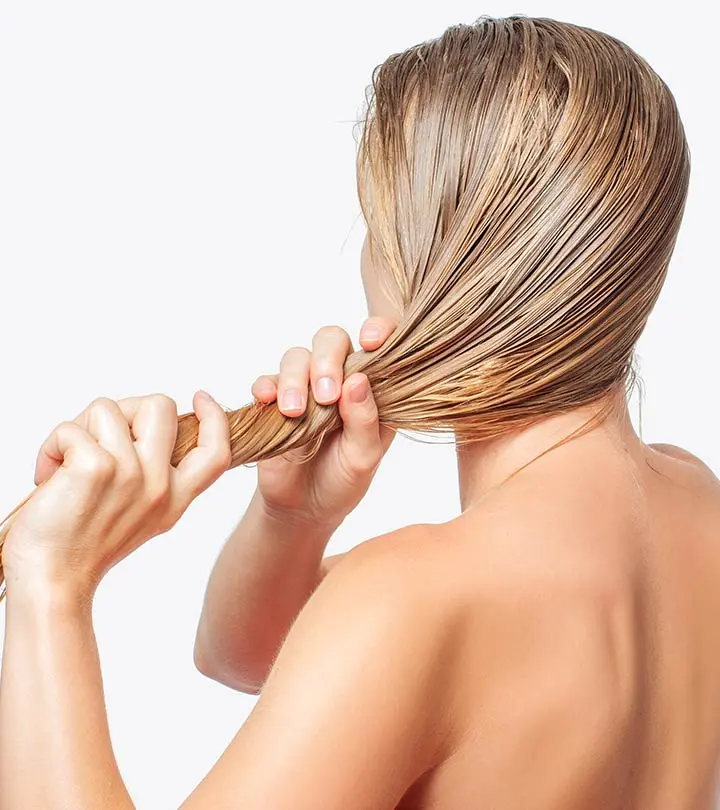
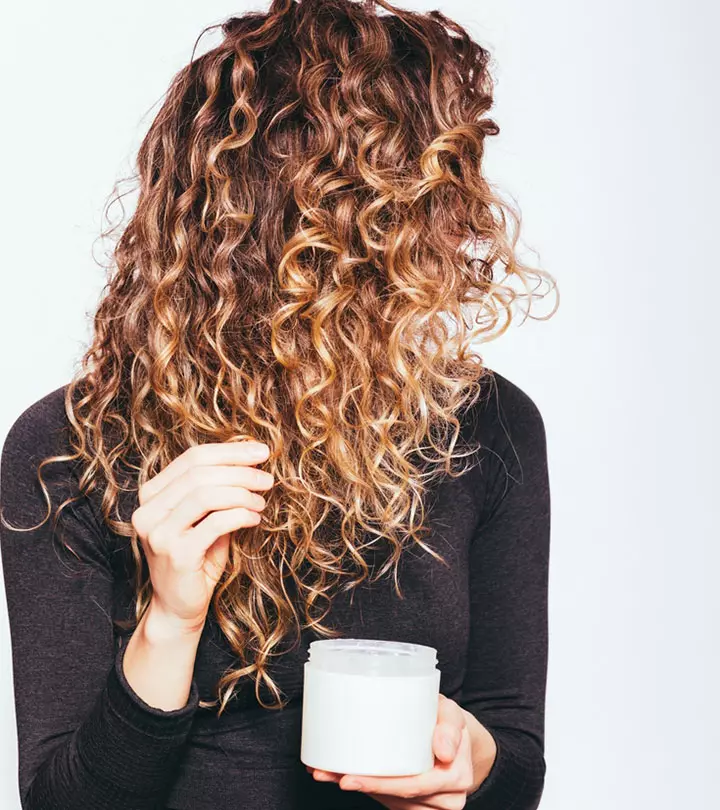
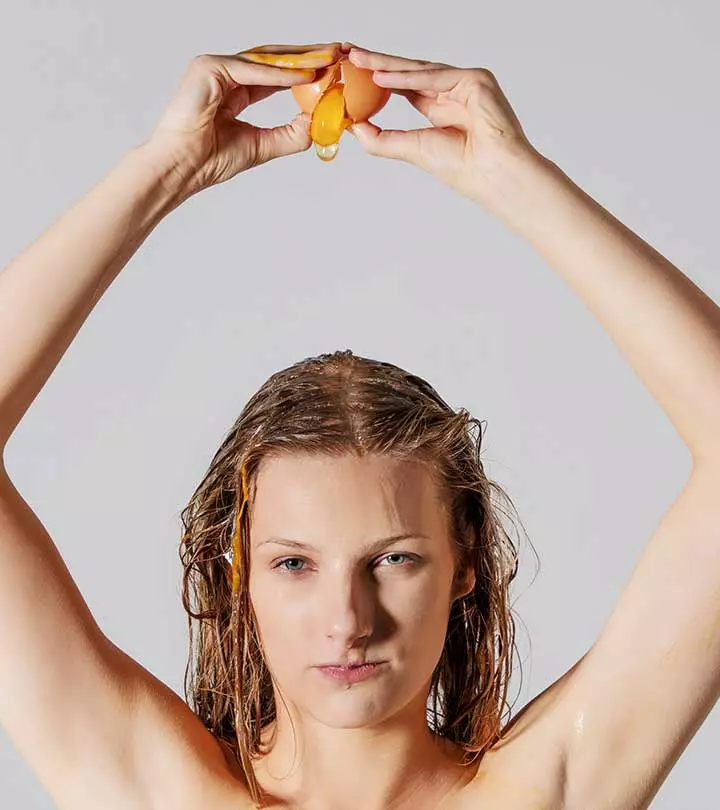
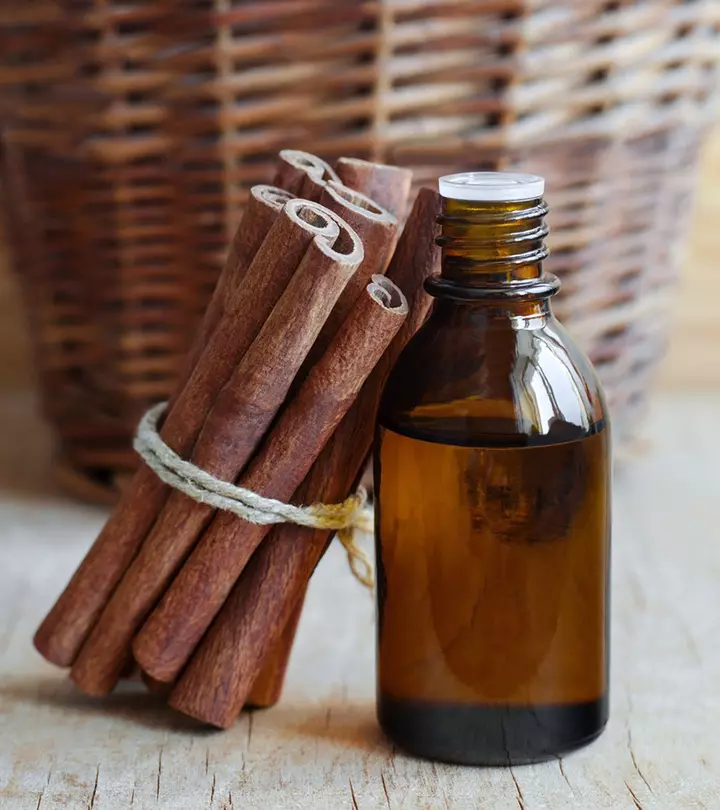
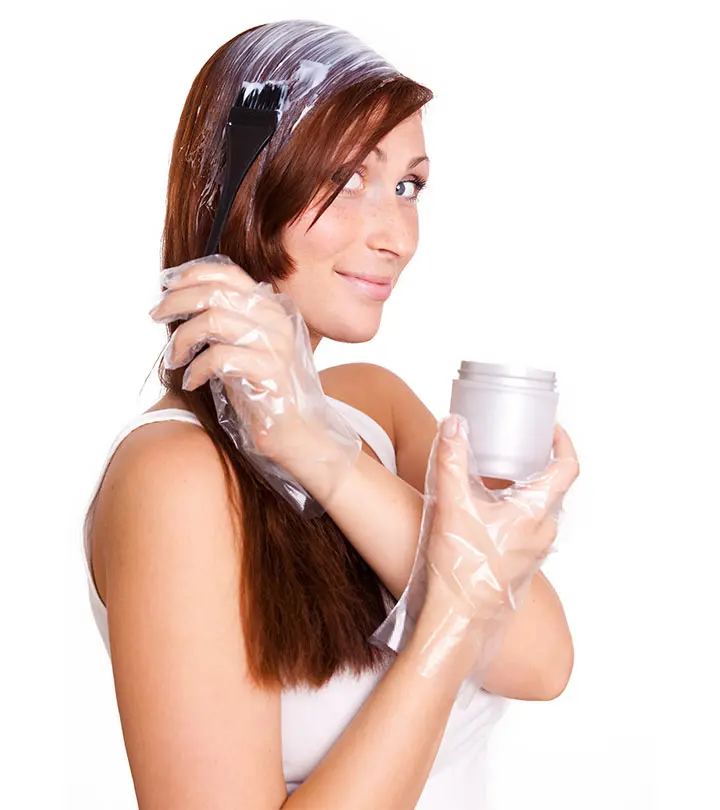

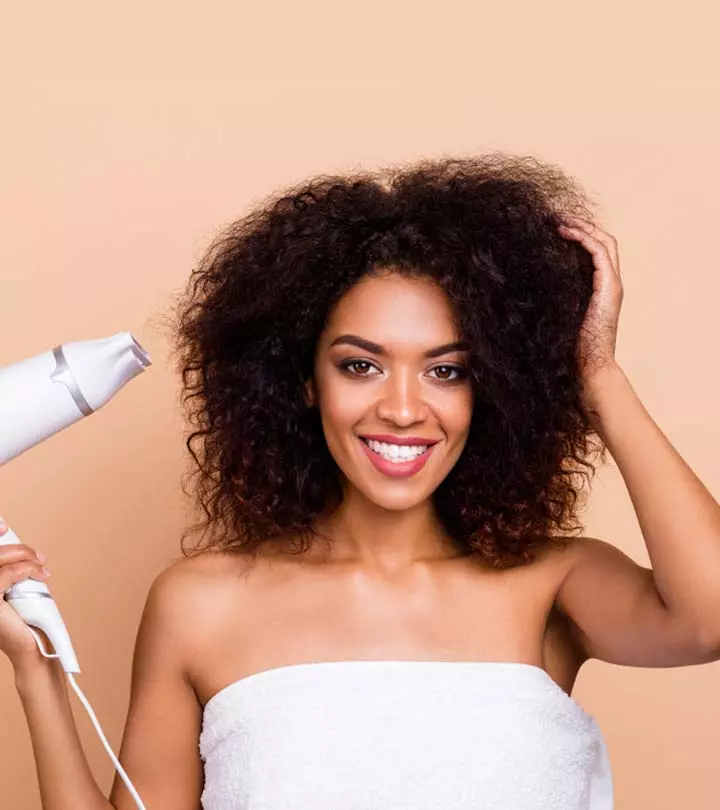
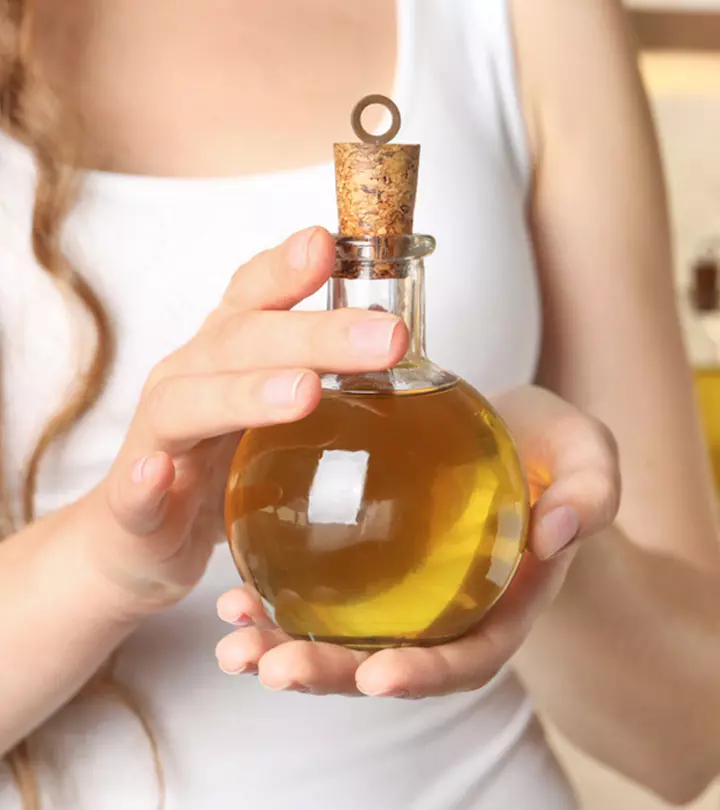
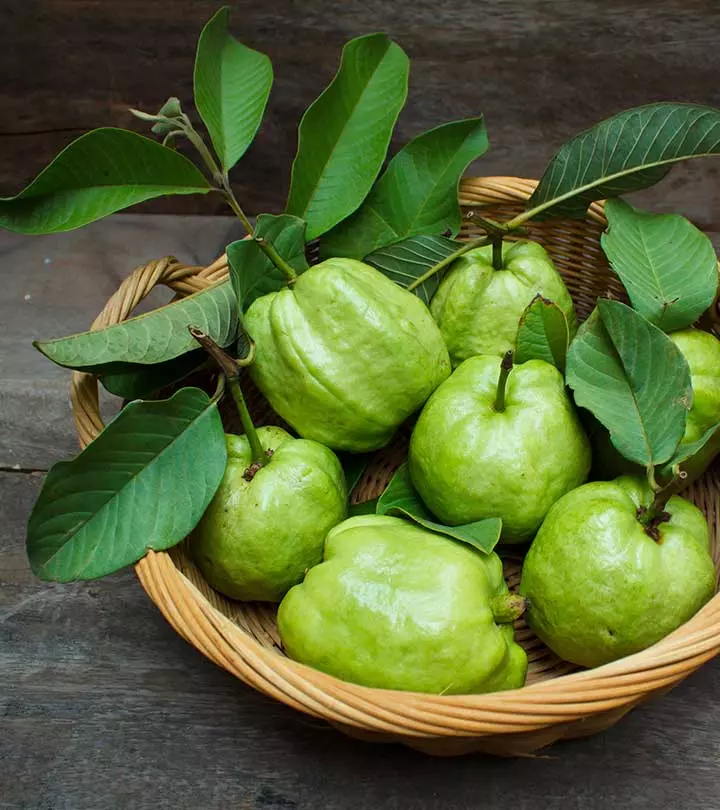
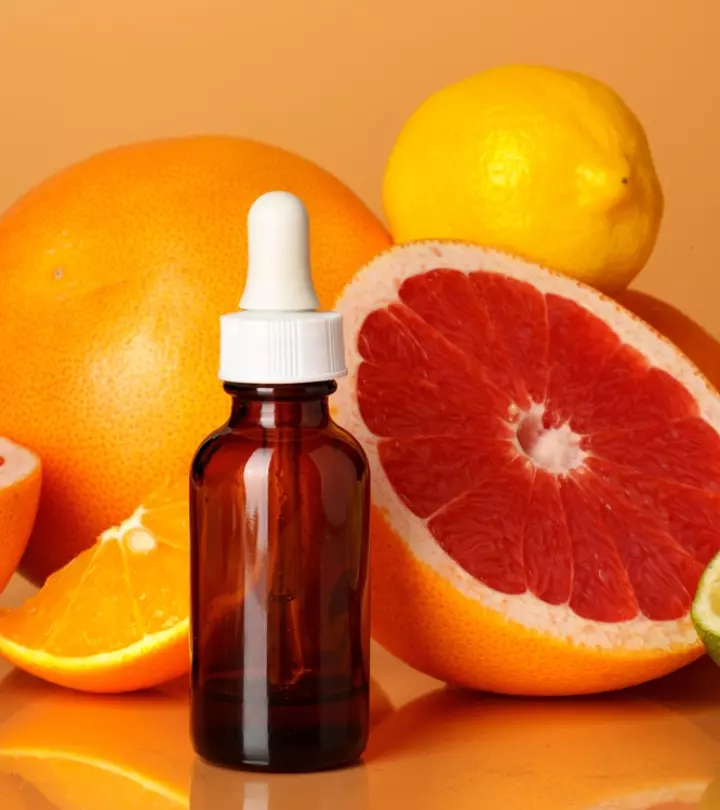
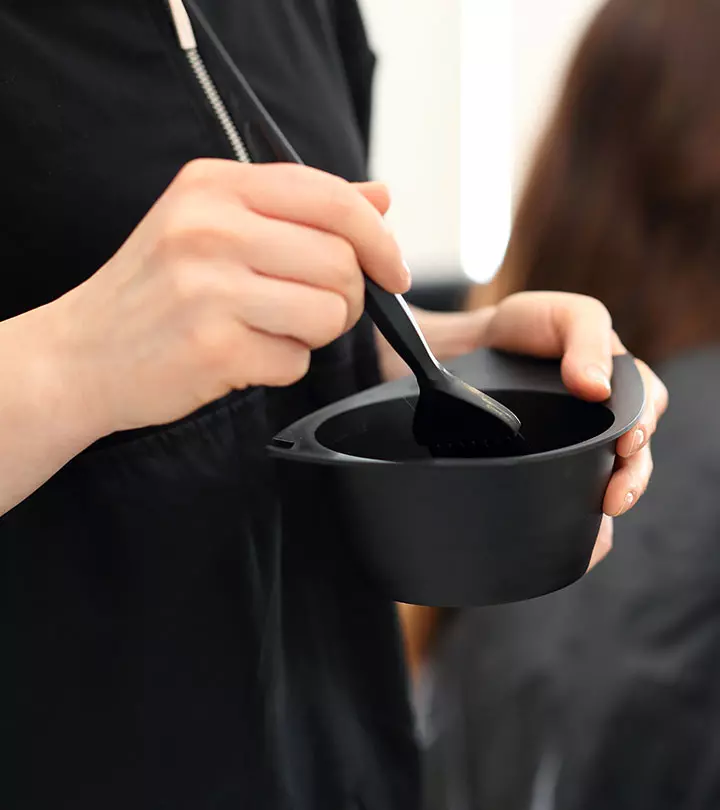



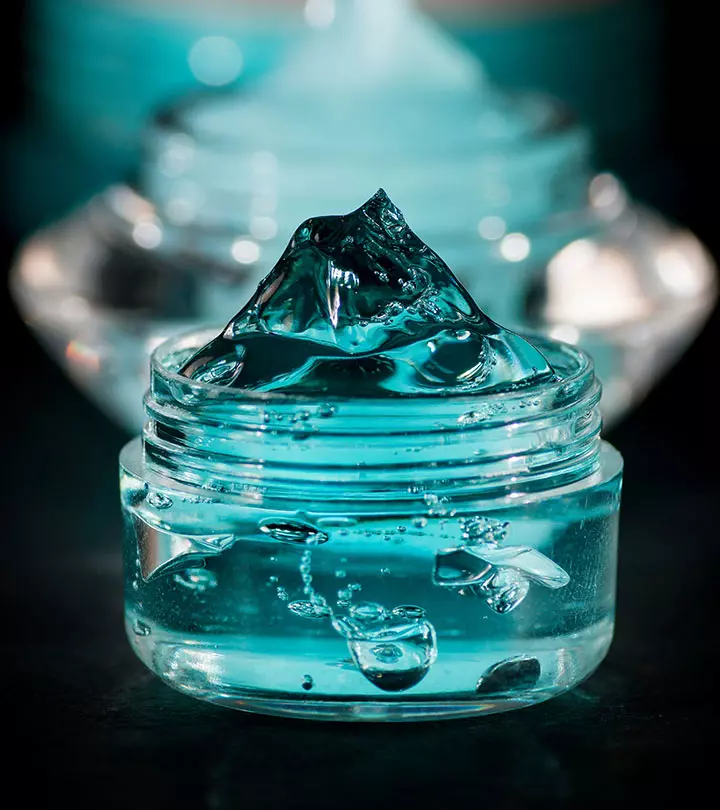
Community Experiences
Join the conversation and become a part of our empowering community! Share your stories, experiences, and insights to connect with other beauty, lifestyle, and health enthusiasts.